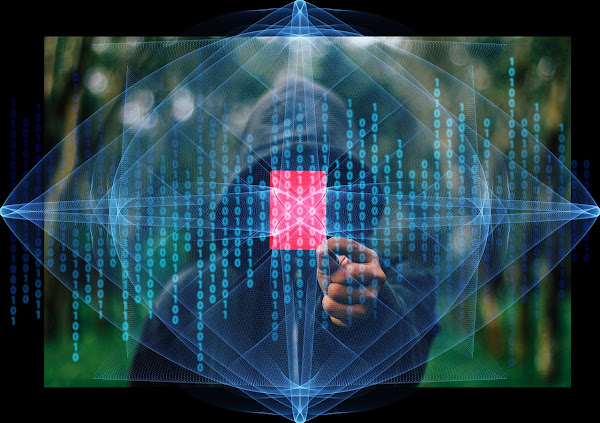The Unsaflok hack technique has raised concerns about the security of Saflok hotel locks. This sophisticated method exploits vulnerabilities in Saflok's system, potentially compromising the safety of guests and the reputation of hospitality establishments.
The Unsaflok hack technique, first uncovered by security researchers, demonstrates how cybercriminals can exploit weaknesses in the Saflok electronic locking system to gain unauthorized access to hotel rooms. By leveraging a combination of hardware and software tools, hackers can bypass the locks' security mechanisms, granting them entry without leaving any visible signs of tampering.
The implications of such a breach are profound. Beyond the immediate security risks to guests and their belongings, a compromised locking system can tarnish a hotel's reputation and lead to financial losses. Moreover, the trust between guests and hospitality providers, essential for maintaining customer loyalty, can be severely undermined.
To mitigate the risks associated with the Unsaflok hack technique and similar threats, hotel operators must take proactive steps to enhance their security measures. Firstly, conducting a thorough assessment of existing locking systems to identify vulnerabilities is crucial. This includes examining both hardware and software components for any weaknesses that could be exploited by hackers. Implementing robust access control measures is essential for safeguarding against unauthorized entry. This may involve upgrading to newer, more secure locking systems that incorporate advanced encryption techniques and tamper-resistant features.
Additionally, deploying intrusion detection systems and surveillance cameras can help detect and deter unauthorized access attempts in real-time.
Regular security audits and penetration testing can provide valuable insights into the effectiveness of existing security measures and identify areas for improvement. By staying vigilant and proactive in addressing potential vulnerabilities, hotel operators can minimize the risk of falling victim to cyberattacks and protect the safety and privacy of their guests.
Furthermore, fostering a culture of cybersecurity awareness among staff members is critical. Employees should receive comprehensive training on identifying and reporting suspicious activities, as well as adhering to best practices for safeguarding sensitive information. By empowering staff to play an active role in cybersecurity defense, hotels can create a more resilient security posture.
The Unsaflok hack technique highlights the importance of robust cybersecurity measures in the hospitality industry. By understanding the vulnerabilities inherent in electronic locking systems and taking proactive steps to enhance security, hotels can mitigate the risks posed by cyber threats and ensure the safety and satisfaction of their guests. Ultimately, investing in cybersecurity is not just a matter of protecting assets; it's a commitment to maintaining trust and reputation in an increasingly digital world.











